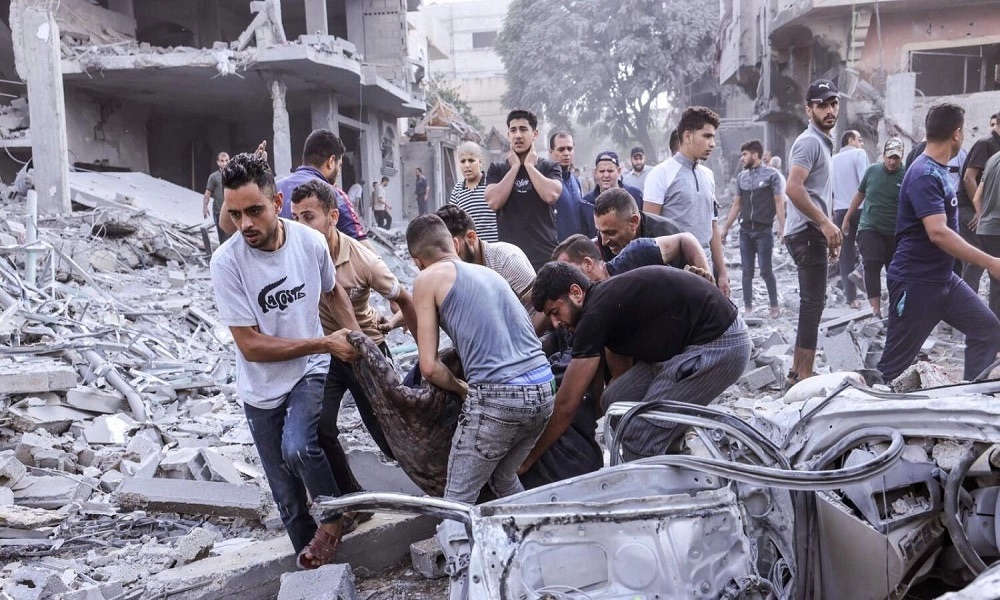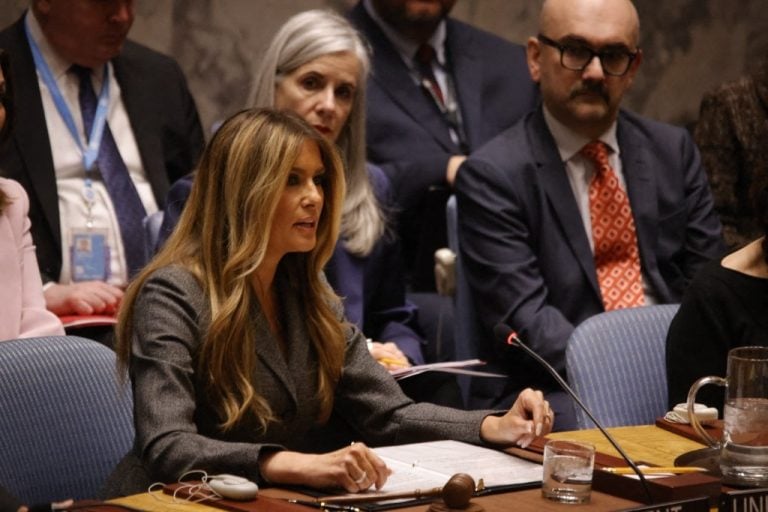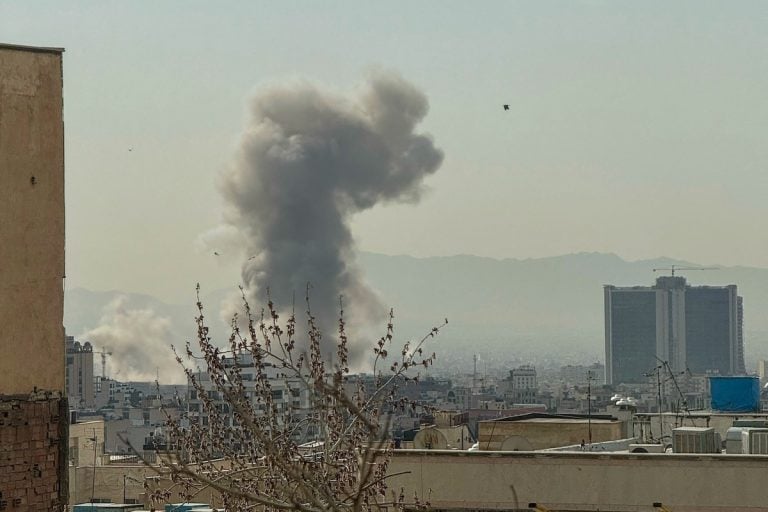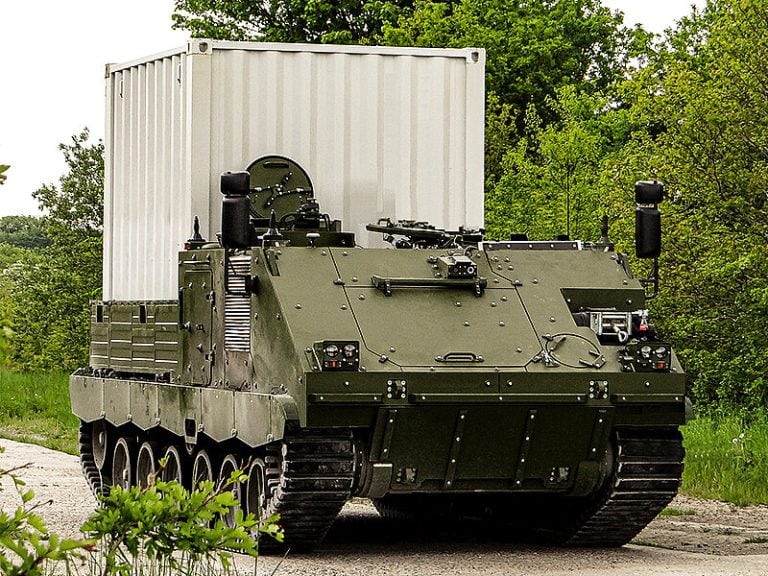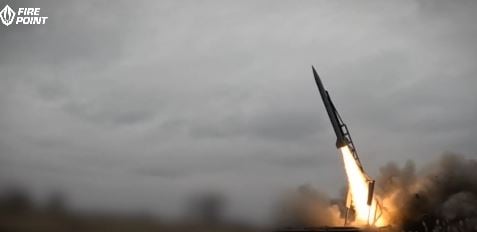An Israeli air strike on Sunday targeted the Al-Ahli Hospital in northern Gaza, which is one of the few hospitals still operational amid the ongoing conflict, resulting in the tragic death of a child due to disrupted medical care. The World Health Organization (WHO), in a statement from its chief Tedros Adhanom Ghebreyesus, confirmed that the child died after the hospital was struck. The strike also severely damaged key medical facilities within the hospital, including the emergency room, laboratory, X-ray machines, and pharmacy, forcing the evacuation of 50 patients. Alarmingly, 40 critically ill patients were unable to be moved.
The Israeli military claimed that the strike was aimed at a Hamas “command and control center” within the hospital, a assertion that has been strongly denied by the Palestinian group. Gaza’s civil defense agency noted that the strike occurred shortly after the Israeli military had issued a warning for evacuation. In response to the strike, Israel’s foreign ministry asserted that there was “no medical activity” taking place at the time of the attack and claimed that there were no civilian casualties as a result.
Dramatic images from the attack depict extensive destruction, with debris scattered across the site and a significant hole blown into one of the hospital buildings. In a separate incident, another air strike in the city of Deir el-Balah killed seven individuals, including six brothers, highlighting the escalating violence in the region.
Israeli Defense Minister Israel Katz stressed that the military would intensify its offensive should Hamas continue to refuse to release hostages. He indicated that Gaza would become increasingly isolated, compelling more residents to leave conflict zones. This sentiment echoed throughout the area, where many evacuees, including patients and medical staff, were left stranded in the streets following the strike on Al-Ahli. One resident, Naela Imad, described the chaos and fear experienced as she fled the hospital with her children, emphasizing that the facility had been their last refuge.
Hamas condemned the air strike as a “savage crime,” with further condemnation issued from Qatar and Saudi Arabia, both labeling the attack as “heinous.” The international community has increasingly scrutinized attacks on hospitals, which are supposed to be protected under international humanitarian law. Since the onset of the conflict, numerous hospitals in Gaza have been struck, adversely affecting their ability to serve the population.
The ongoing conflict erupted after Hamas launched a significant attack on Israel on October 7, 2023, which was met with robust military response. According to Israeli sources, the initial assault resulted in the deaths of over 1,200 people, primarily civilians. In the weeks since, and following the collapse of a ceasefire in mid-March, Gaza’s health ministry reported at least 1,574 Palestinian deaths, raising the total casualty count in Gaza to 50,944 since the start of the conflict.
There is a growing alarm regarding the treatment of medical personnel in the area. Recently, the Palestine Red Crescent Society announced that a medic missing since an Israeli attack was reportedly in Israeli custody, raising further concerns about the safety and rights of medical workers amidst the violence.
The international community’s calls for de-escalation have intensified, as exemplified by British Foreign Secretary David Lammy’s urging for an immediate halt to attacks on hospitals. Amid these escalating tensions, Israeli Prime Minister Benjamin Netanyahu criticized calls from international figures, such as French President Emmanuel Macron, for the establishment of a Palestinian state, arguing it contradicts Israel’s security.
As the conflict continues, tensions remain high with missiles launched from both Gaza and Yemen, illustrating the broader regional implications of the ongoing violence. The situation remains fluid and precarious, with civilian life in Gaza increasingly disrupted by the ongoing military operations.
